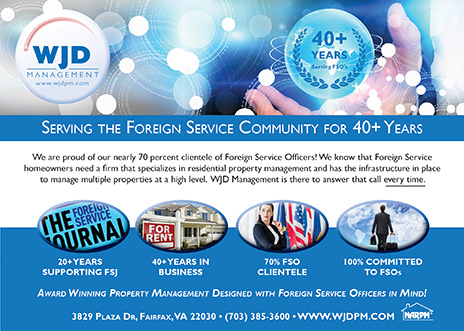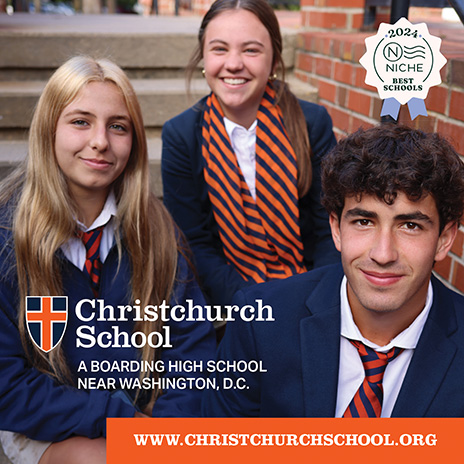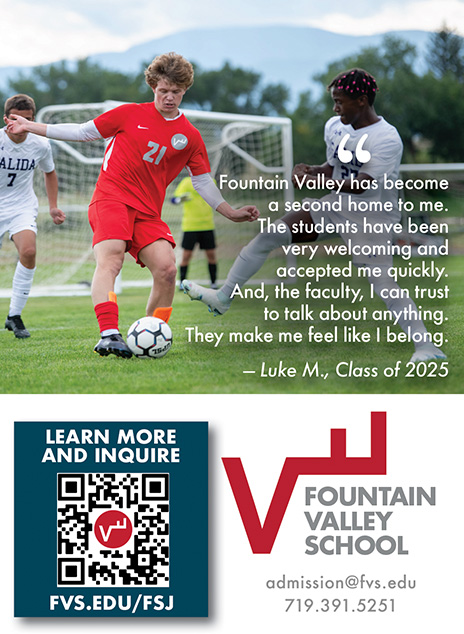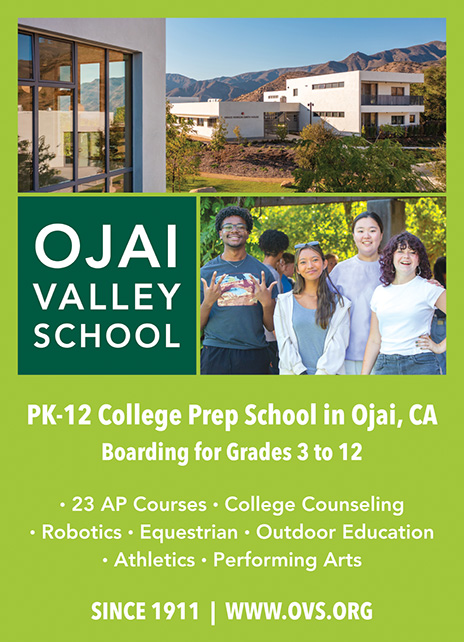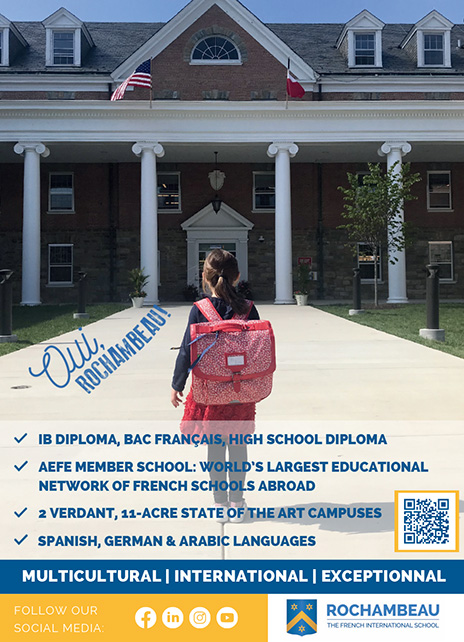2024 Award for Lifetime Contributions to American Diplomacy: A Conversation with Ambassador Marc Grossman
Marc Grossman is the 2024 recipient of the AFSA Award for Lifetime Contributions to American Diplomacy
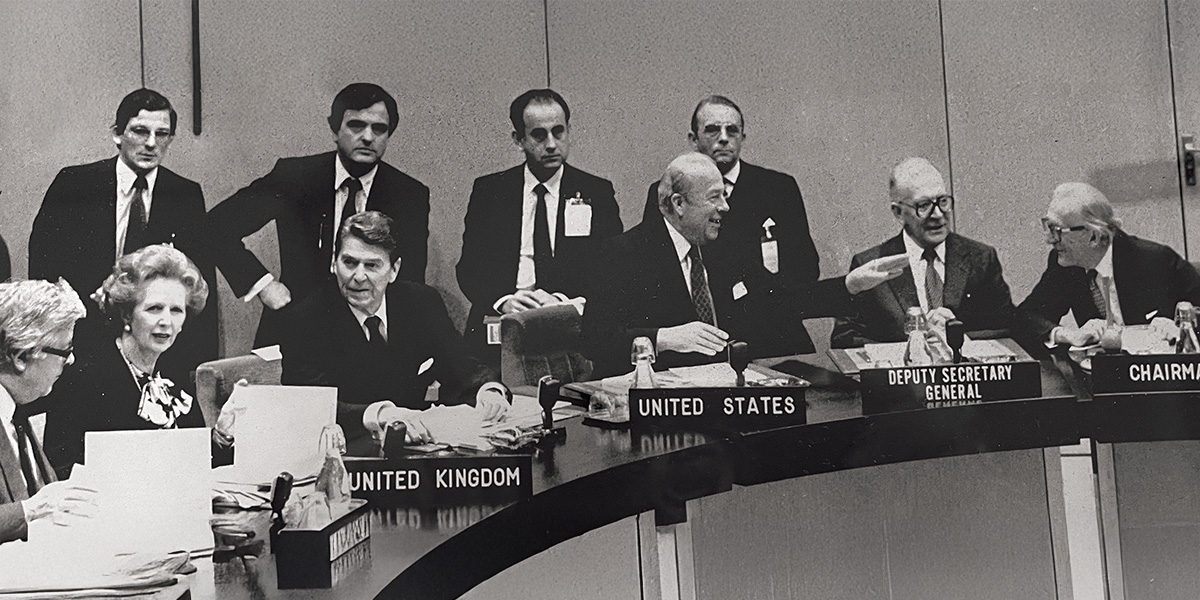
At a briefing of NATO leaders on Nov. 1, 1985, in Brussels, after U.S. President Ronald Reagan’s Geneva summit with Soviet General secretary Mikhail Gorbachev, from top left: Marc Grossman, Sir Brian Fall, Ambassador Turgay Ozceri, Ambassador Fredo Dannenberg. Seated, from left: British Foreign Minister Geoffrey Howe, British Prime Minister Margaret Thatcher, U.S. President Ronald Reagan, U.S. Secretary of State George Shultz, Deputy Secretary General Eric da Rin, and Chairman Peter Carington.
Courtesy of Marc Grossman
Ambassador Marc Grossman has been named the 30th winner of AFSA’s Lifetime Contributions to American Diplomacy Award in recognition of his long and distinguished career in the U.S. Foreign Service, as well as the work he has done since retiring to enhance diplomatic readiness, improve personnel management, and strengthen the Service.
I first interviewed Amb. Grossman for The Foreign Service Journal in 2000 when he was the new Director General of the Foreign Service. The article, “Meet Marc Grossman,” started out with a statement that has stood the test of time: “The truth about Director General Marc Grossman is, people love this guy.”
It’s an honor to be able to put the spotlight on him now, on the occasion of his selection for AFSA’s highest honor. The Lifetime Contributions to American Diplomacy Award, given annually, honors an individual’s lifetime of devotion to the work of diplomacy and to its practitioners. Past recipients include such luminaries as George H.W. Bush, Thomas Pickering, Ruth A. Davis, George Shultz, Richard Lugar, Joan Clark, Ronald Neumann, Sam Nunn, Rozanne Ridgway, Nancy Powell, Thomas Boyatt, William Harrop, Herman “Hank” Cohen, Edward Perkins, John D. Negroponte, Anne Patterson, and John Tefft.
Amb. Grossman joined the Foreign Service in 1976, serving his first tour in Islamabad. As he rose through the ranks, he served as deputy chief of mission at U.S. Embassy Ankara from 1989 to 1992 and then as executive secretary of the State Department and special assistant to the Secretary of State. He returned to Türkiye as ambassador (1994-1997) and then served as assistant secretary of State for European affairs (1997-2000).
As Director General of the Foreign Service and Director of Human Resources (2000-2001), he helped revolutionize the State Department’s human resource strategies, emphasizing increased hiring, training, assignment reform, and retention of personnel. He served as under secretary of State for political affairs from 2001 to 2005.
During his career, he helped marshal the diplomatic response to the terrorist attacks on 9/11, managed U.S. policy in the Balkans and Colombia, and contributed to a further enlargement of the NATO alliance. His distinguished service earned him the title of Career Ambassador in 2004, the highest rank in the Foreign Service.
After retiring from the Foreign Service (the first time) in 2005, Amb. Grossman joined The Cohen Group as a vice chair. He was awarded the Secretary of State’s Distinguished Service Award in 2005, the Director General’s Cup for the Foreign Service in 2006, and the State Department’s Distinguished Service Award in 2013. He was called back to the department to serve as the U.S. special representative for Afghanistan and Pakistan from 2011 to 2012, and retired again in 2012.
Amb. Grossman has served as chair of the board of the Senior Living Foundation of the American Foreign Service since 2009. He co-authored the Center for International and Strategic Studies (CSIS) study, “The Embassy of the Future” (2007); the Harvard University Belfer Center report, “A U.S. Diplomatic Service for the 21st Century” (2020); and Arizona State University’s “Blueprints for a More Modern U.S. Diplomatic Service” (2022). With Ambassador John Limbert, he is the author of the novel Believers: Love and Death in Tehran (2020).
Born and raised in Los Angeles, California, Amb. Grossman holds a BA from the University of California, Santa Barbara, and an MSc in international relations from the London School of Economics and Political Science. He is married to retired FSO Mildred Anne Patterson and has one daughter, Anne.
I had the opportunity to interview Ambassador Grossman in early October, ahead of the AFSA Awards Ceremony.
—Editor in Chief Shawn Dorman
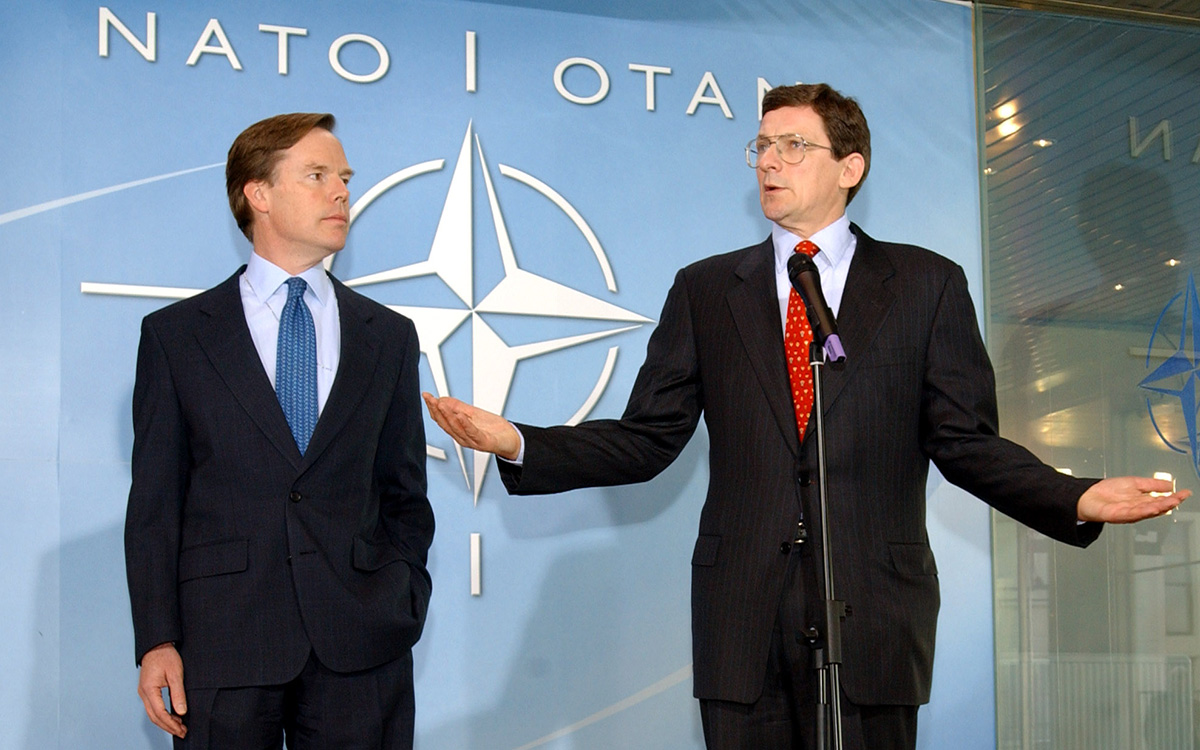
U.S. Under Secretary of State for Political Affairs Marc Grossman (right) speaks during a news conference at NATO headquarters in Brussels on Feb. 27, 2003. At left is U.S. Ambassador to NATO Nicholas Burns.
AP Photo / Thierry Charlier
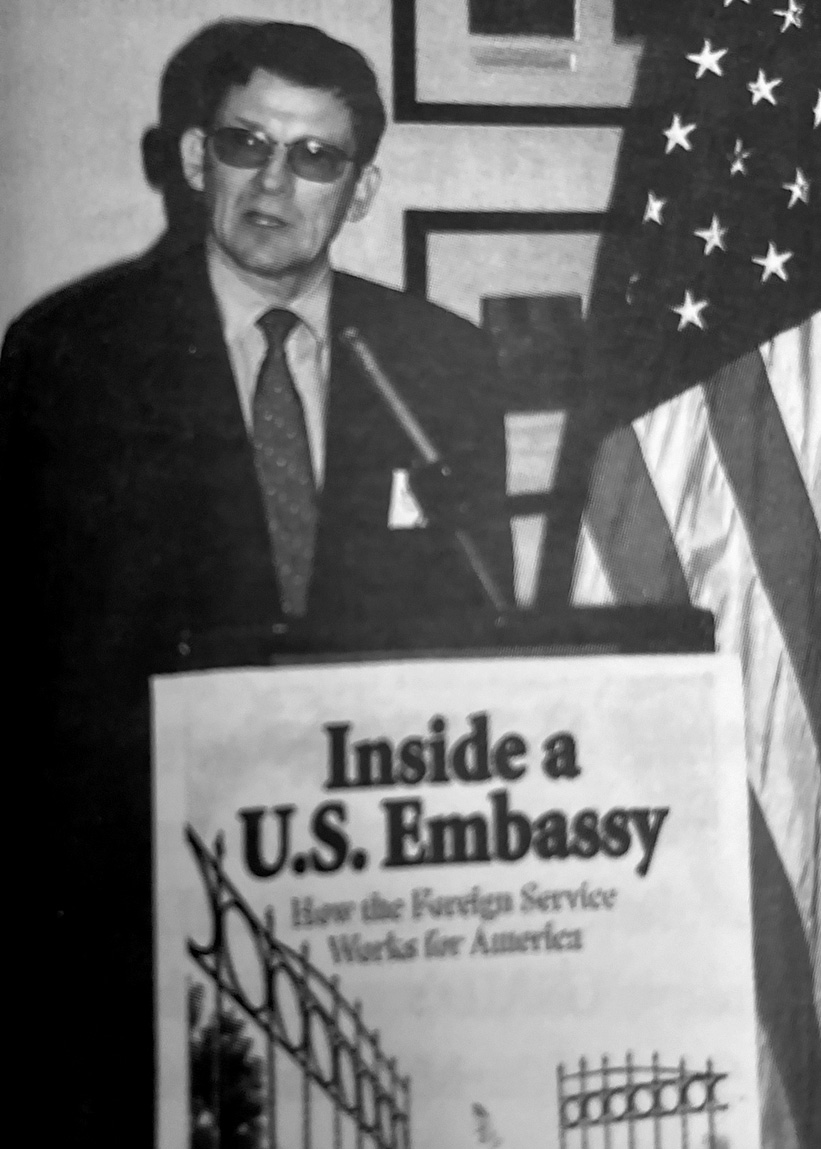
U.S. Under Secretary of State for Political Affairs Marc Grossman speaks at the March 2003 book launch event for AFSA’s new edition of Inside a U.S. Embassy: How the Foreign Service Works for America. A supporter of the book who contributed a “day-in-the-life” story to it, Grossman told the crowd that when he had given out copies at a recent Senate Foreign Relations Committee hearing, Senator Richard Lugar said, “Every American would be interested in this book.”
FSJ Digital Archive / Mark Burns & Bert Escalante
Foreign Service Journal: You grew up in California. How did that upbringing—studying, working, and living on the West Coast until joining the U.S. Foreign Service in 1976—influence you?
Ambassador Marc Grossman: Life in Southern California in the 1950s and 1960s seemed pretty idyllic. We lived in a lower-middle-class neighborhood that, from my perspective, was quite egalitarian. My parents were elementary school teachers. Our neighbors were plumbers and electricians and a project estimator for a construction company. The adults worked hard and focused on their children’s education. We had the beach and the foothills, so we lived outdoors, which I still relish.
I went to the University of California, Santa Barbara, in 1969. Three things happened that influenced my career. First, because of an oil spill from an offshore drilling platform, Santa Barbara was an early and important center for the environmental movement. I have tried to keep a West Coast attitude toward the land and sea throughout my life. I also hope I’ve retained some of Santa Barbara’s attitude toward work-life balance.
Second, I worked summers during college as a door-to-door salesman for the Jewel Tea Company. All on commission, no guaranteed money. I learned to persevere. To be the best prepared salesman on the streets. That to sell something, you need to know how to pitch it. To get up after being rejected. To keep a sense of humor. To enjoy the wins.
I learned to keep moving, because to make five or six sales a day, you had to knock on at least two hundred doors that day. I was curious to see what was on the other side of the door. These are all lessons your readers will recognize as relevant to a Foreign Service career.
Third, I was selected in 1972 to participate in the University of California’s Education Abroad Program (EAP). I spent a year at the University of Birmingham in the U.K. It changed my life. It is why I am today involved in supporting UCSB’s EAP program.
FSJ: When did you first learn about the Foreign Service, and what led you to a career in diplomacy?
MG: In 1974, I got a master’s degree from the London School of Economics, but I was not cut out for academia. I took the law school entry exam: also not for me. I went back to Santa Barbara to work full time for Jewel Tea.
I kept looking for a career that would pay me to pursue my curiosity about how other people live and how they decide their priorities. I went to a talk one day by Thomas Hughes, a former Foreign Service officer who had been a Bureau of Intelligence and Research assistant secretary and deputy chief of mission in London. I thought the Foreign Service could be the answer to my question. I had the chance years later to thank Mr. Hughes in person for inspiring me.
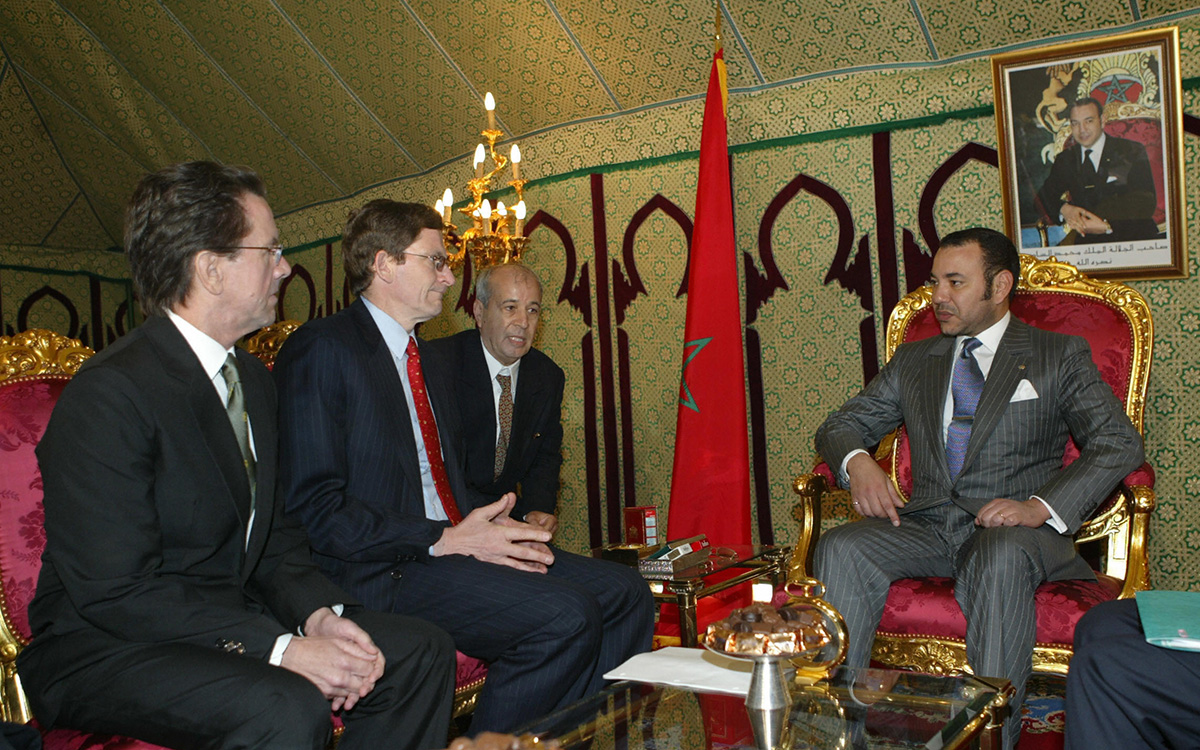
U.S. Under Secretary of State for Political Affairs Marc Grossman (second from left) is received by King Mohammed VI of Morocco on March 1, 2004, in a tent installed for the monarch in Al Hoceilma, site of the devastating earthquake that had rocked northern Morocco just a week earlier. Grossman was there to discuss humanitarian aid for the stricken region.
AFP via Getty Images
The Foreign Service Career
FSJ: Your first diplomatic post was the U.S. embassy in Islamabad (1977-1979). What was that like?
MG: It was challenging, eye-opening, full of instruction, mentoring, and guidance from the remarkable group of senior colleagues serving there, an introduction to a new culture and geography, and, thanks to a wonderful group of junior American, Pakistani, and other international diplomats, a lot of fun.
FSJ: What was your favorite posting, and why?
MG: I know some people will say, “Oh, sure,” but I liked all my posts. It helps to be curious and an optimist. If I had to choose, I would say being the ambassador to Türkiye, the assistant secretary for European affairs, and serving as the Director General of the Foreign Service and Director of Human Resources. The connecting theme? I had the most chance as the leader of those three organizations to set the agenda and to have a direct impact on the people who worked with me and for me. That was especially true in Türkiye, where I had the privileges and the responsibilities that come with the U.S. president’s letter to chiefs of mission. My fantasy is that someday State Department regional assistant secretaries will have a similar letter from the president so they can lead the relevant interagency process.
I kept looking for a career that would pay me to pursue my curiosity about how other people live and how they decide their priorities.
FSJ: You served as Director General of the Foreign Service and Director of Human Resources from 2000 to 2001. In an interview with me for the November 2000 FSJ, you suggested that a priority for you and for AFSA should be “to bring home to our fellow citizens what it is that we do. This idea that FSOs are living the life of Riley, drinking tea abroad, when we have hundreds of embassies around the world where people are working as hard as they possibly can on behalf of the U.S.—it’s frustrating.” Has enough progress been made on raising awareness about the Foreign Service in the U.S.?
MG: Certainly, more effort has been made to tell the Foreign Service story since 2000 by the State Department, AFSA, and the many individuals who speak in communities all over the country and contribute to local news outlets and social media. But it is imperative that this work continues and expands.
FSJ: What are you most proud of from your time as DG?
MG: On his first day at the State Department, then Secretary-designate Colin Powell asked me to visit him in the transition space on the first floor. Secretary Powell asked what we most needed to support American diplomacy. Thanks to the fantastic work done by a team in the DG’s office, I had an answer: more people. I said that as a military officer, General Powell had never commanded a unit or organization that did not have a 15 percent “float” for training and transit. The department had no such thing. I proposed a Diplomatic Readiness Initiative that would increase the number of people at State by 15 percent over three years. Secretary Powell agreed on the spot. We added just over 1,100 people in the next three years.
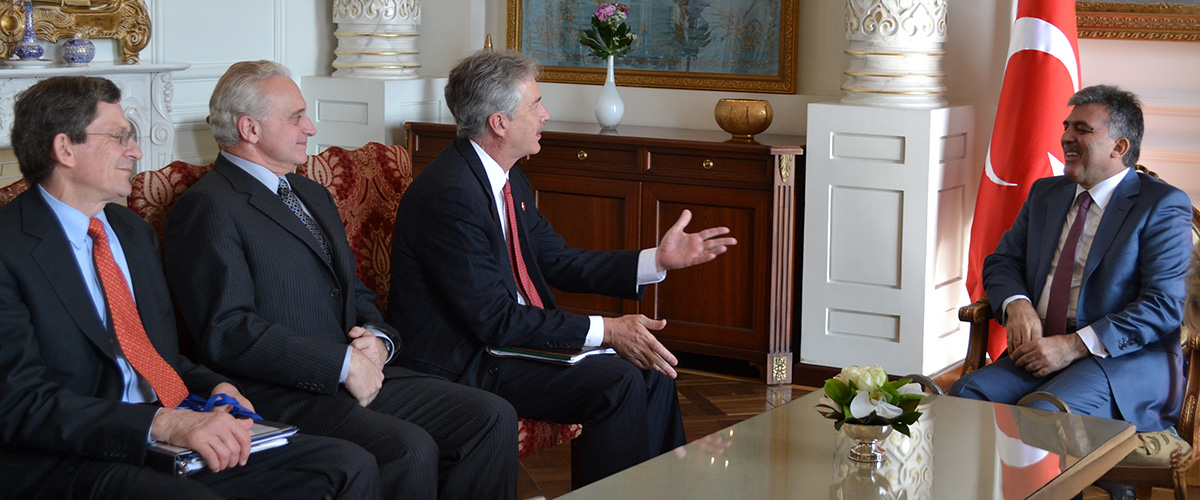
During the Istanbul Conference for Afghanistan at the Ciragan Palace in Istanbul on Nov. 1, 2011, Turkish President Abdullah Gul (right) met with American officials. From left: Special Representative for Afghanistan and Pakistan Marc Grossman, U.S. Ambassador to Türkiye Francis J. Ricciardone Jr., and U.S. Deputy Secretary of State William J. Burns.
U.S. Department of State
Working with AFSA
FSJ: When did you join AFSA, and what convinced you to join?
MG: I joined during my A-100 class. I joined because I think employees need a supporting voice in a big bureaucracy. I joined because AFSA was (and is) committed to telling our story to the public and to the Congress. That’s what I tell people when I host a table at AFSA as new entry-level classes come to hear about the organization. And I tell them they will value the FSJ.
FSJ: You’ve had a great relationship with AFSA over many years, including while you were Director General and beyond. You were an early supporter of AFSA’s Inside a U.S. Embassy introduction to the Foreign Service. In your view, how and where can AFSA add the most value?
MG: By living up to and making operationally effective AFSA’s objective of being the “Voice of the Foreign Service.” One hundred years of service to American diplomacy is a great accomplishment.
FSJ: AFSA honors dissent within the system through its annual awards. Any advice for colleagues on whether, when, and how to speak up if they disagree with a policy?
MG: One of the hardest things to do is to speak truth to power. It is imperative that this happens. I often think of a quote from historian Max Hastings: “Truth should be respected by decision-makers and those who inform them not just as a matter of morality, but instead as an indispensable navigational aid in every field of endeavor.”
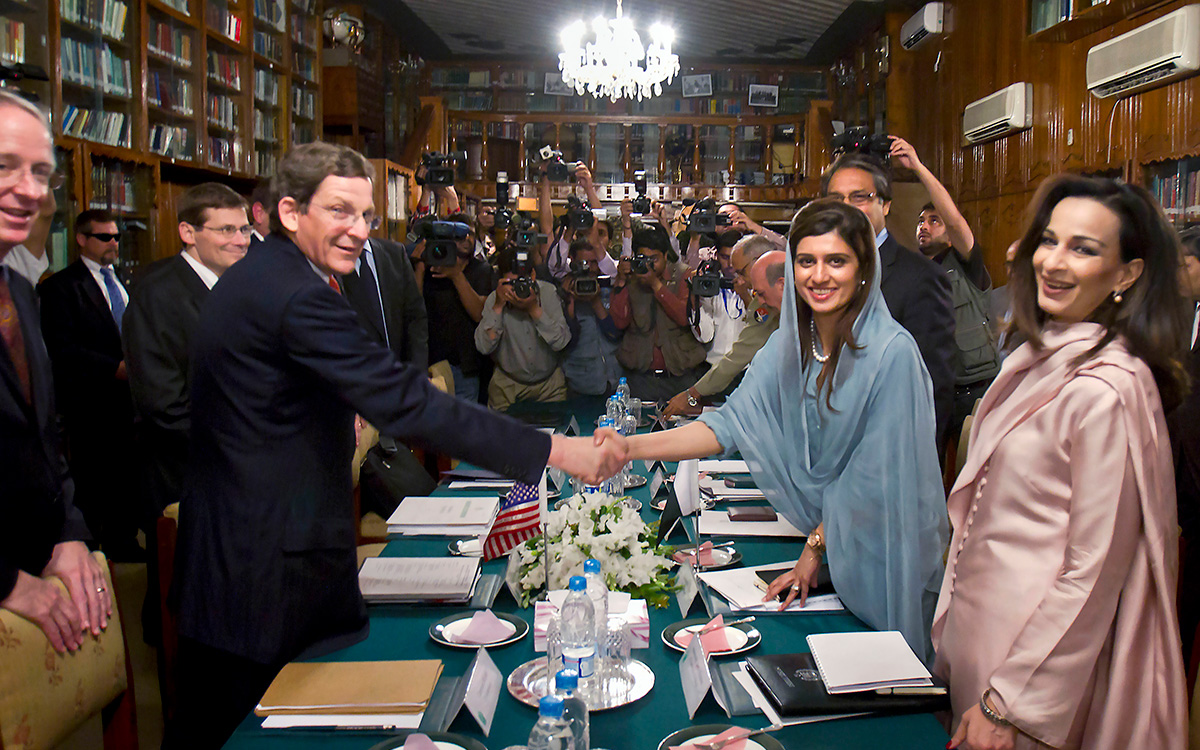
U.S. Special Representative for Pakistan and Afghanistan Marc Grossman (second from left) shakes hands with Pakistani Foreign Minister Hina Rabbani Khar (second from right), prior to their meeting in Islamabad on April 26, 2012. Grossman held talks with Pakistan and Afghan counterparts on how to rebuild the relationship and on peace efforts in Afghanistan.
AP Photo / Anjum Naveed
Post-Retirement Focus
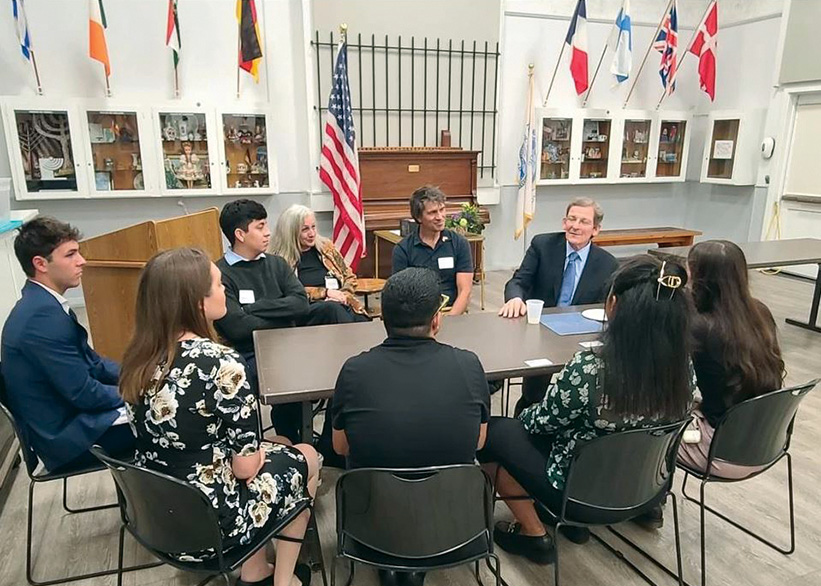
Ambassador Marc Grossman, top right, leads a program titled “Blueprints for Modern Diplomacy” at an American Academy of Diplomacy event held in collaboration with the San Diego World Affairs Council on March 23, 2023.
Courtesy of AAD
FSJ: Is your private sector work with The Cohen Group similar to the Foreign Service?
MG: The majority of our effort at The Cohen Group is to help American companies succeed in their businesses abroad. In that sense, it is like the very important commercial work done in U.S. embassies and in Washington, D.C. We appreciate the guidance and advice we receive from U.S. missions abroad and from State Department employees in Washington.
FSJ: You’ve made so many contributions to the Foreign Service and diplomacy since “retiring” for the first time in 2005, it’s hard to know where to begin. You’ve been a strong advocate for road safety since the mid-1990s when you were ambassador to Türkiye at the time a young American was killed in a bus crash. Every country, including the U.S., has problems with road safety. Where do you see the issue today, and is there anything that can be done to reduce traffic deaths on a global scale?
MG: Aron Sobel, a 25-year-old University of Maryland medical student two weeks from graduation, was killed in a bus crash in Türkiye in 1995. Twenty-two other people were killed. Aron’s mother, Rochelle Sobel, grieving and furious, called me a few days later. Rochelle wanted something done so that Aron’s death was not in vain. We talked about what to do for some months. Rochelle created the Association for Safe International Road Travel (ASIRT). Her first effort was to try to get the State Department to keep statistics on road crashes in which American citizens were killed. It was oddly hard to get anyone to pay attention to road safety at first, but after starting to collect the data, the department has become a strong supporter of Rochelle and ASIRT.
With the support of many donors and volunteers, ASIRT has become a leading global road safety organization. Rochelle, who is among the most determined and purposeful people I have ever met, has spoken at international meetings around the world. ASIRT’s country reports on road safety are the gold standard. Rochelle has worked with members of Congress to highlight global road safety issues; there is now a bipartisan Road Safety Caucus on Capitol Hill. ASIRT continues to work closely with State to get information about road safety to employees and their families serving overseas.
I am delighted that AFSA has formed a partnership with ASIRT. Past AFSA President Eric Rubin recognized the need, and current President Tom Yazdgerdi has energetically taken on this important cause. AFSA’s recent member survey showed that road safety is an important issue for the organization. AFSA members and their families know firsthand the deep personal loss that comes from road crashes. The Journal has played an important role in keeping our community informed and organized.
I am honored to support Rochelle and ASIRT. Making roads safer for drivers, pedestrians, and cyclists is a classic case of “it does not have to be this way.” Radically reducing the deaths and injuries caused by road crashes is about better education and awareness, road safety technologies, enforcement, and making road safety a priority and not just a talking point.
One of the hardest things to do is to speak truth to power. It is imperative that this happens.
FSJ: You wrote a novel, Believers: Love and Death in Tehran, with former AFSA President Ambassador John Limbert. What was that experience like?
MG: It was an enormous amount of fun to work on Believers for two years with John. We enjoyed every part of the effort. It makes a great holiday gift!
FSJ: How did you get involved with the Senior Living Foundation (SLF), and what should our readers know about that organization?
MG: I first got involved with the SLF as Director General or P [under secretary for political affairs], when I was asked to be one of the department’s liaisons on the board of directors. When I retired in 2005, I became chair of the board.
The SLF’s mission is “Taking Care of Our Own.” Thanks to our very generous donors, the SLF provides retired Foreign Service members in need with critical eldercare resources and assistance. These include care management services, home care, medical expenses, basic living costs, prepared meal services, and emergency aid. In both 2022 and 2023, the SLF’s spending to meet both standing and new commitments doubled from its pre-COVID budget. This is not surprising given inflation and the increased need for the foundation’s services. The SLF is in good shape, and we are especially proud that we have never turned away a qualified former colleague in need of support.
SLF’s Parent Program, now in its sixth year, provides essential support to our active-duty colleagues, particularly those serving abroad, who have aging parents qualifying for help. In most cases, the foundation connects colleagues to highly trained professionals. These professionals then provide comprehensive and effective resources, planning, and support for both immediate and long-term caregiving needs. This allows active-duty Foreign Service personnel to focus on their missions while knowing that their parents, including stepparents and in-laws, are well cared for.
The SLF has a fantastic staff, led by Executive Director Kyle Longton. The foundation would not exist without the strong support of the American Foreign Service Protective Association (AFSPA). AFSA, DACOR, and the State Department are also key supporters. The board is a wonderful, creative group of individuals devoted to the SLF mission. Being chair of the SLF Board is among the most uplifting things I have the pleasure to do.
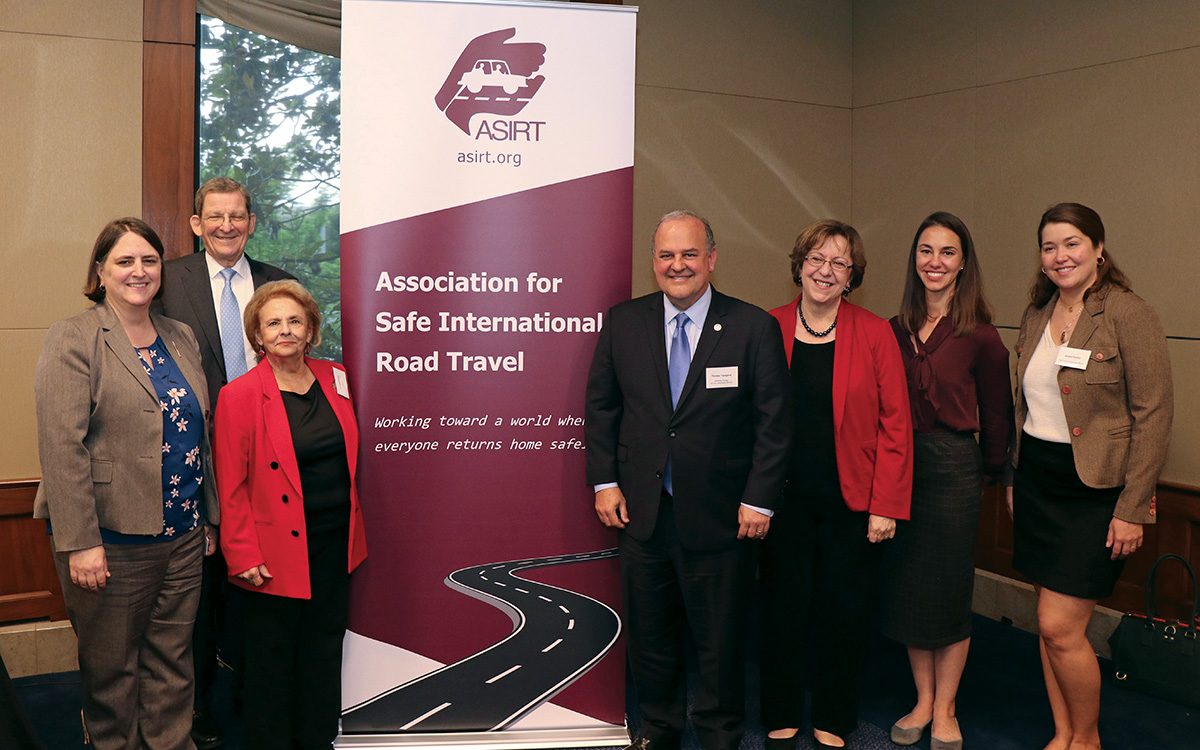
Ambassador Marc Grossman (back left) joins AFSA President Tom Yazdgerdi (fourth from right) and ASIRT President Rochelle Sobel (third from left) at a congressional briefing on June 4, 2024.
FSJ Digital Archive / ASIRT
Foreign Service Reform
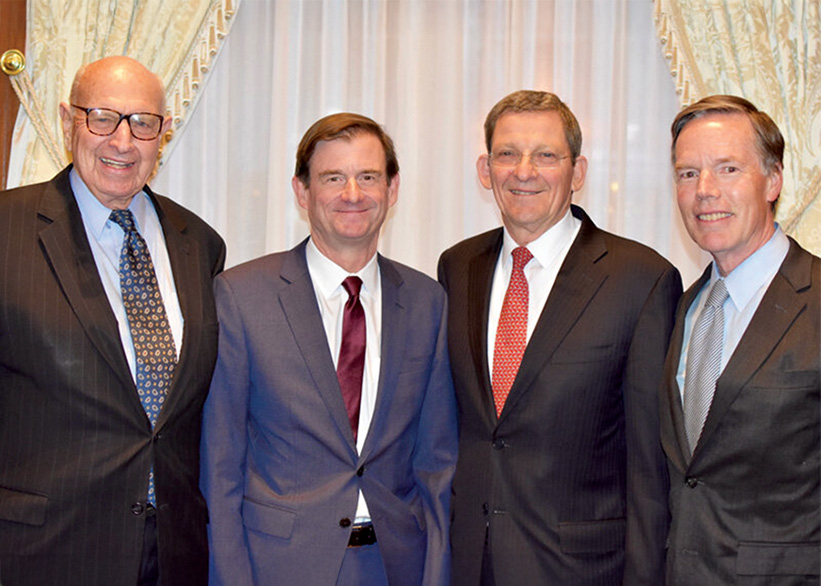
Four ambassadors who served as U.S. Under Secretary of State for Political Affairs together at a Cohen Group dinner on March 28, 2019. From left: Tom Pickering, David Hale (then serving in the U/S position), Marc Grossman, and Nicholas Burns.
Courtesy of The Cohen Group
FSJ: You’ve been a strong voice for Foreign Service reform for many years and, notably, one of the lead authors of the Harvard University Belfer Center 2020 report, “A U.S. Diplomatic Service for the 21st Century,” and Arizona State University’s “Blueprints for a More Modern U.S. Diplomatic Service” (2022), both supported by the Una Chapman Cox Foundation. Has the administration been receptive to the input? Have any of the reform recommendations been adopted; and if so, which ones?
MG: As you highlight, the Biden administration came into office having received several studies recommending important changes in how the United States carries out its diplomacy. Forty years after the passage of the Foreign Service Act of 1980, the time had come to identify what about the Foreign Service needed to be upgraded, modernized, or changed to meet contemporary challenges.
The reports shared the premise that U.S. diplomacy, with its long and proud history, staffed today by a remarkable group of patriotic, committed, and effective employees, confronts crises both from external attacks on its core functions and an internal culture that creates roadblocks to change, and that it needs an honest self-assessment of how best to meet its vital responsibilities.
These and other important observations are the foundation for the November 2020 report, “A U.S. Diplomatic Service for the 21st Century,” published by the Harvard Kennedy School’s Belfer Center for Science and International Affairs. I was a co-author of the Belfer report along with Ambassador Marcie Ries and Ambassador Nick Burns.
We are delighted that some of the proposals in the Belfer report have been adopted, including appointing a State Department coordinator for diversity and inclusion, making a down payment on a training “float” or complement, establishing paid internships that will broaden the socioeconomic base of future applicants, opening up more leadership positions to career officers, establishing new parameters for risk management, and planning for career-long professional education for both the Foreign Service and Civil Service.
After the positive response to the Belfer report, Ambassador Ries and I pursued a Phase II effort focused on four achievable, affordable, urgently needed, high-impact recommendations—the blueprints.
What makes the “Blueprints for a More Modern U.S. Diplomatic Service,” supported by the Una Chapman Cox Foundation and Arizona State University and released in September 2022, unique is that the report has a detailed implementation plan for each blueprint, including all the required legislative or administrative language. We appreciate AFSA’s strong support and the help of the FSJ in publicizing the blueprints.
There are four blueprints:
- A revised mission and mandate for the Foreign Service, and a new framework for communicating with the American public.
- Expanded professional education and training to deepen our diplomats’ expertise as leaders and preeminent experts, and a plan to create sufficient positions to make it possible.
- Modernization of the personnel system to build in more diversity, accountability, flexibility, and accommodation of the needs of accompanying families and partners at home and overseas.
- A plan for a Diplomatic Reserve Corps to provide surge capacity in geopolitical crises and natural disasters.
We are now trying to get the blueprints accepted, adopted, and funded. This work is being led by the American Academy of Diplomacy, again supported by the Cox Foundation and Arizona State University.
The department has been very positive about the blueprints. Deputy Secretary Richard Verma, Under Secretary for Management John Bass, Director General Marcia Bernicat, and FSI Director Joan Polaschik have been open to dialogue and great to work with. We have also found important bipartisan interest in Congress.
Let me give you an example of what is happening on the Diplomatic Reserve Corps. Earlier this year, the State Department submitted a report to Congress that “recommends the establishment of a State Department Reserve Corps as a strategic and cost-effective solution to enhance the department’s diplomatic capabilities.” In September, Representative Jason Crow (D-Colo.) introduced legislation that includes a provision calling for establishment of the “Department of State Reserve Corps” to assist the Secretary, the department, and the Foreign Service in the discharge of their responsibilities and functions.
These are exciting developments. I should also say that we are happy that many of the other recommendations in the blueprints have been adopted by the department.
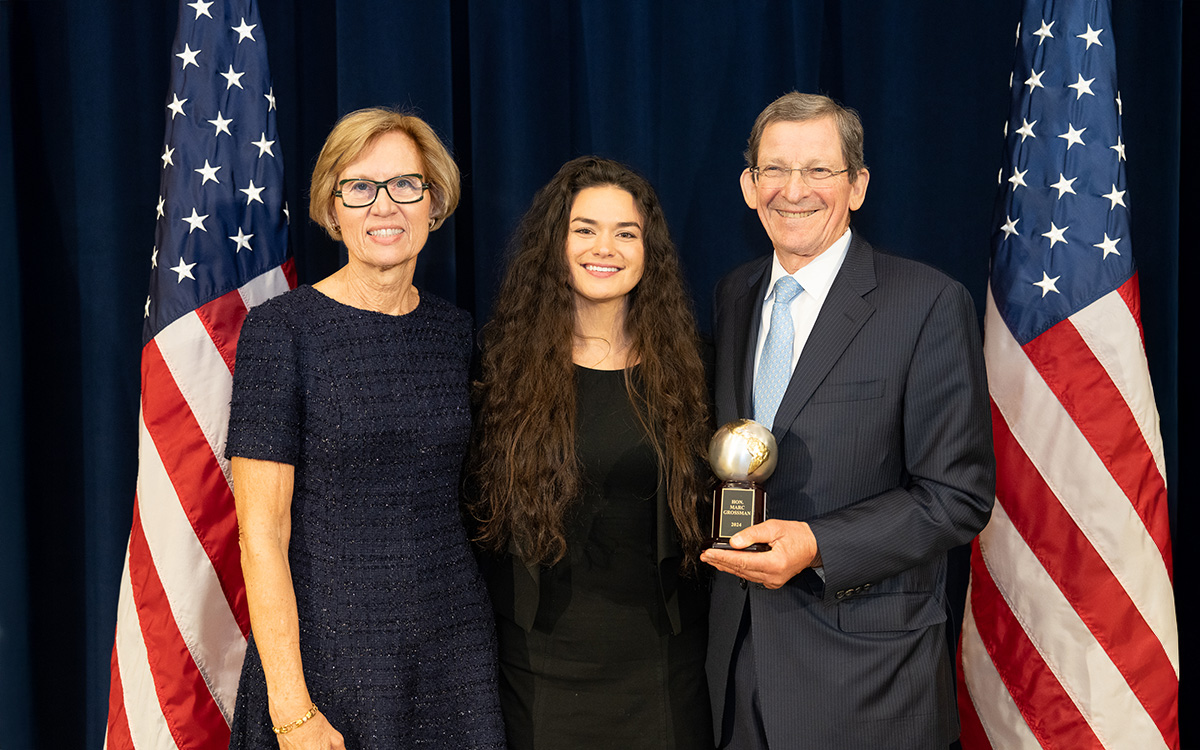
At the AFSA Awards Ceremony on Oct. 16, 2024, from left: Mildred Anne Patterson, Anne Grossman, and Ambassador Marc Grossman.
AFSA / Joaquin Sosa
Building a Better Diplomat
FSJ: What are the essential ingredients for a successful diplomat?
MG: On my list I would include patriotism, cherishing the opportunity to promote and protect the interests of the United States; curiosity and the pursuit of lifelong learning; flexibility; a fierce commitment to justice; a sense of adventure and wonder; humility; resilience; intellectual and physical courage; the strength to make decisions when they are needed; a desire to seek the privilege of leading groups of people; and a recognition that hard work and preparation are the foundations of success.
I would also suggest continually trying to improve yourself and your organization by committing to the thought that “it does not have to be this way,” putting people first, practicing collegiality, finding time to take care of yourself and those dear to you, having as much fun as possible, and maintaining a sense of humor. I am sure others will have many more.
FSJ: I first interviewed you for the FSJ in 2000 when you were the new Director General for the Foreign Service. Back then I asked whether you would recommend a Foreign Service career to someone starting out today. Here’s what you said: “I would. Look, if you’re interested in money, this isn’t the place for you. If you’re interested in public service and in being involved in our foreign policy, this is the perfect place for you. Are there challenges we have to meet? Absolutely. Is it hard sometimes? Of course it is. I don’t think we should pretend there are no problems here. I can’t pay you what a dot.com can pay you, but here you work in an office with an American flag, and I think that’s worth a lot.”
How would you answer that same question today?
MG: When young people ask me if they should become U.S. diplomats and represent the United States, my answer is “absolutely.” Join the Foreign Service or Civil Service. Become a professional. Promote and protect the interests of our great nation.
Those who answer the call to service will do this honorable work in a changing and dangerous world. They will succeed only if they strengthen and adapt their practices and procedures, culture, and institutions. They can help fashion and pursue policies designed not only to preclude the worst but also to create a more promising future.
Taking the oath of office to serve at the State Department opens the door to living what former Deputy Secretary of State Richard Armitage memorably called a “life of significance.”
When sharing or linking to FSJ articles online, which we welcome and encourage, please be sure to cite the magazine (The Foreign Service Journal) and the month and year of publication. Please check the permissions page for further details.





